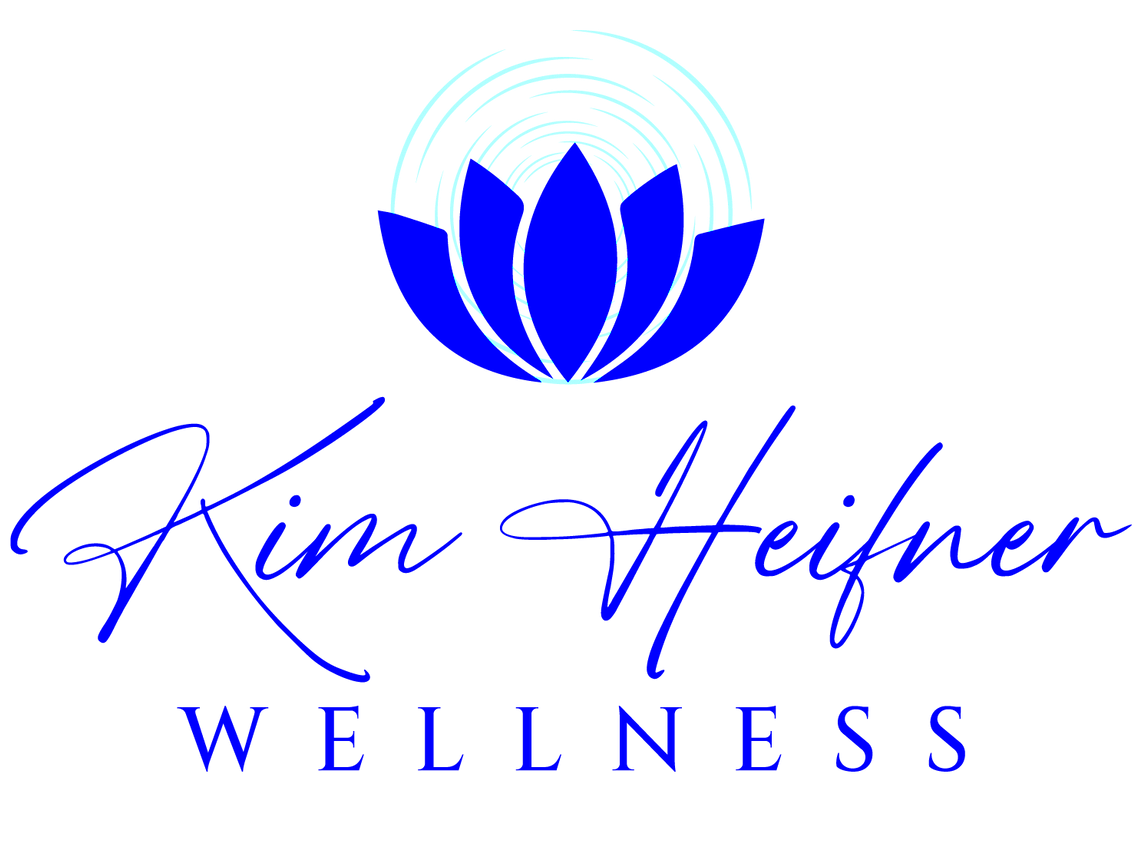Why Sudden Rage Isn’t Just “Moodiness” - And How You Can Reclaim Your Calm, Energy, and Joy During Perimenopause.

Anger and Irritability in Women: Not Just Sadness
Have you ever found yourself snapping over something small, or feeling a surge of anger that seems to come out of nowhere? You’re not alone. Many women, especially in perimenopause, are surprised by sudden irritability or even rage, often triggered by minor events. In fact, up to 70% of women in this stage report irritability as their main mood complaint, yet anger is rarely discussed openly. Let’s break the silence, understand what’s happening, why it matters, and how you can reclaim your calm.
Why Am I So Angry?
It’s Not Just You- It’s Biology
Anger and irritability are common but often overlooked symptoms during perimenopause and menopause. Hormonal fluctuations- especially changes in estrogen and progesterone- affect brain chemicals like serotonin and the parts of your brain that help control impulses, making it harder to handle stress and causing emotional reactions to feel more intense.
The “On/Off” Mood Phenomenon
During perimenopause, the levels of estradiol (a form of estrogen) can swing up and down unpredictably. Because of these rapid changes, many women notice that feelings of sadness, irritability, or moodiness can come and go suddenly- sometimes lasting just a few minutes or hours before disappearing on their own, much like PMS. This “on/off” pattern is normal and is caused by your body’s response to shifting hormones, not by anything you’re doing wrong.
A Unique Perimenopausal Mood Profile
Research shows that, compared to other times in life, women in perimenopause often have:
- Milder depression and anxiety symptoms
- Higher levels of anger, irritability, and fatigue
This means you might feel more easily frustrated or tired, but not necessarily deeply depressed or anxious. These mood changes are a recognized part of perimenopause and are linked to your biology, not a personal weakness.
What Does It Feel Like?
- Quick to snap at loved ones
- Feeling “on edge” or easily overwhelmed
- Guilt or shame after an outburst
- Trouble sleeping or concentrating
- Physical symptoms like a racing heart or muscle tension
Why It Matters
Unchecked anger and irritability can strain relationships, lower your quality of life, and increase feelings of guilt or isolation. Many women feel ashamed or confused by these emotions, especially since society often expects women to be nurturing and calm. But anger is a normal human emotion- one that can signal unmet needs or stress overload.
Knowing that these emotional ups and downs are common and have a biological cause can be reassuring. It also means that with the right support and strategies, you can find ways to feel better and improve your quality of life during this transition.
Understanding and Managing Anger
Step 1: Know It’s Normal
You’re not “crazy” or “bad” for feeling this way. Hormonal changes are real, and so are their effects on your mood.
Step 2: Evidence-Based Ways to Regain Calm you can start today:
- Mindfulness & Meditation Apps: Consider giving Headspace, Calm, Insight Timer, Clarity, or Balance a try. These applications provide guided meditations, soothing sleep stories, and breathing exercises specifically designed to help with stress and mood fluctuations. Just five minutes each day can create a positive impact. You can enhance these techniques by enjoying your practice outdoors in the morning.
- Progressive Muscle Relaxation (PMR): Find a quiet spot, tense each muscle group for five seconds, then release for ten. Move from your feet up to your face. Many meditation apps include guided PMR sessions. You even can do this while laying in bed at night.
- Deep Breathing Techniques: When you feel a surge of irritability, try the 4-4-6 method: inhale through your nose for four counts, hold for four, exhale through your mouth for six. Repeat this process for a few minutes to soothe your mind and body. Deep breathing can effectively alleviate irritability and anxiety.
- Journaling: Write down your feelings and triggers to gain insight and spot patterns. Additionally, focusing on the positives and expressing gratitude can truly transform your perspective. It's so easy to become overwhelmed by the negative aspects of our lives, which often blinds us to the abundance of good. As the saying goes, negative thoughts cannot foster a positive life.
- Supplements that have helped patients and myself (always guided by your healthcare provider):
- Magnesium glycinate or magnesium citrate can support mood, sleep, and relaxation. These forms are gentle on the stomach and well-absorbed. Magnesium citrate may also have a mild laxative effect at higher doses, which can be helpful for those who suffer with constipation.
- Ashwagandha is an adaptogenic herb with evidence supporting its ability to reduce stress and improve mood during hormonal changes.
- L-theanine, found in green tea, promotes calm and focus without drowsiness and may help with stress and sleep quality.
- Hormone Therapy (HT): For some, hormone replacement therapy (HRT) can stabilize mood swings. Discuss with a menopause specialist, like myself, to see if it’s right for you. Many women are surprised to hear that starting HT in perimenopause can be the best, safest and most protective of health time to start it.
- Therapy and Support: Cognitive Behavioral Therapy (CBT) and anger management programs can teach practical skills for emotional regulation and communication. CBT is undervalued and underutilized, but its benefits have been strongly supported by evidence for many perimenopausal/menopausal symptoms, including for sleep disturbances.
From Overwhelmed to Empowered
Imagine moving from feeling hijacked by your emotions to understanding and managing them. With the right tools- like mindfulness apps, deep breathing, relaxation techniques, and targeted supplements- you can improve your mood, sleep better, strengthen your relationships, and boost your resilience.
Ready for the Next Step?
You don’t have to go through this alone. Subscribe to my newsletter for ongoing support and tips, or book a visit with me for personalized guidance. Together, we can turn your anger and irritability into a path toward greater self-understanding and calm.
You deserve to feel good in your own skin- at every stage of life.
















